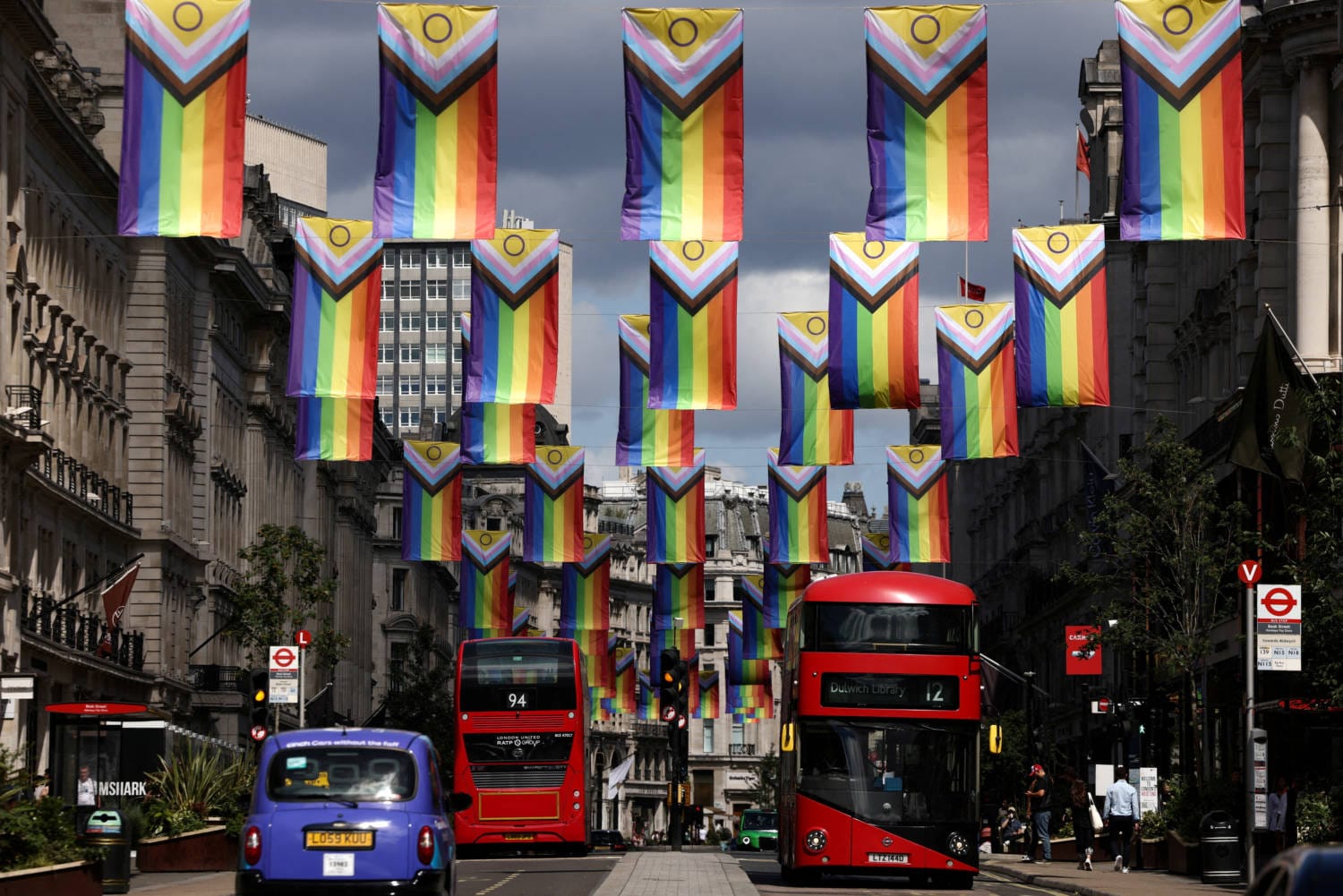Historic UN Resolution to Protect Intersex Rights
In a significant stride for human rights, the United Nations Human Rights Council has voted to adopt a groundbreaking resolution aimed at safeguarding the rights of intersex individuals. This pioneering initiative, which saw no opposition in the voting process, was championed by a coalition of countries including Finland, South Africa, Chile, and Australia.
The resolution addresses the need to eliminate discrimination and violence against those with innate variations in sex characteristics. It emphasizes the importance of ensuring that intersex people have access to the highest standard of health care, both physically and mentally. This move by the UN marks a pivotal moment in the recognition and protection of intersex rights on a global scale.
With an estimated 1.7% of babies born intersex, the resolution is a response to the urgent need for awareness and action against the challenges faced by these individuals. The UN resolution also mandates the Office of the U.N. High Commissioner for Human Rights to produce a comprehensive report detailing the discriminatory laws, policies, and harmful practices affecting intersex persons worldwide.
U.S. Ambassador Michèle Taylor hailed the resolution as a “landmark advancement” in human rights. Similarly, Human Rights Watch lauded the initiative as a signal of “growing international resolve” to confront the rights violations endured by intersex individuals.
The collective voice of 35 civil society organizations under the International Lesbian, Gay, Bisexual, Trans and Intersex Association (ILGA) echoed this sentiment, recognizing the resolution as a milestone in how international bodies perceive and advocate for intersex rights.
With twenty-four countries casting their vote in favor and twenty-three abstaining, the unanimous decision not to oppose the resolution reflects an evolving global consensus on the importance of protecting intersex individuals from discrimination and ensuring their rights are upheld.





